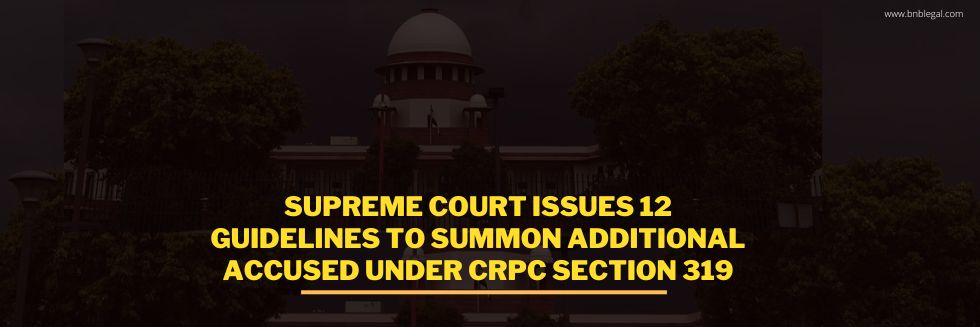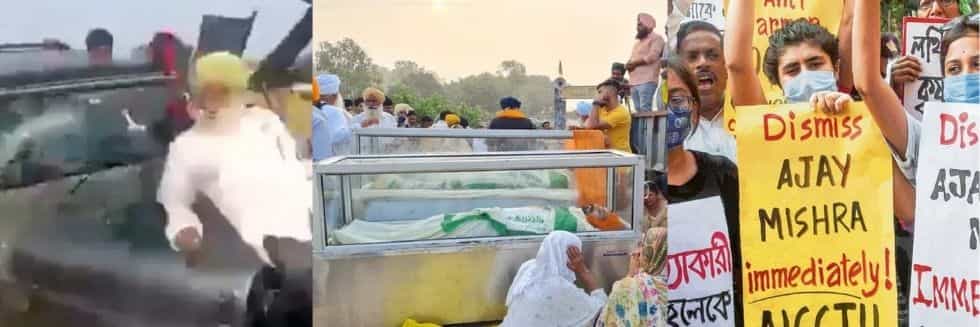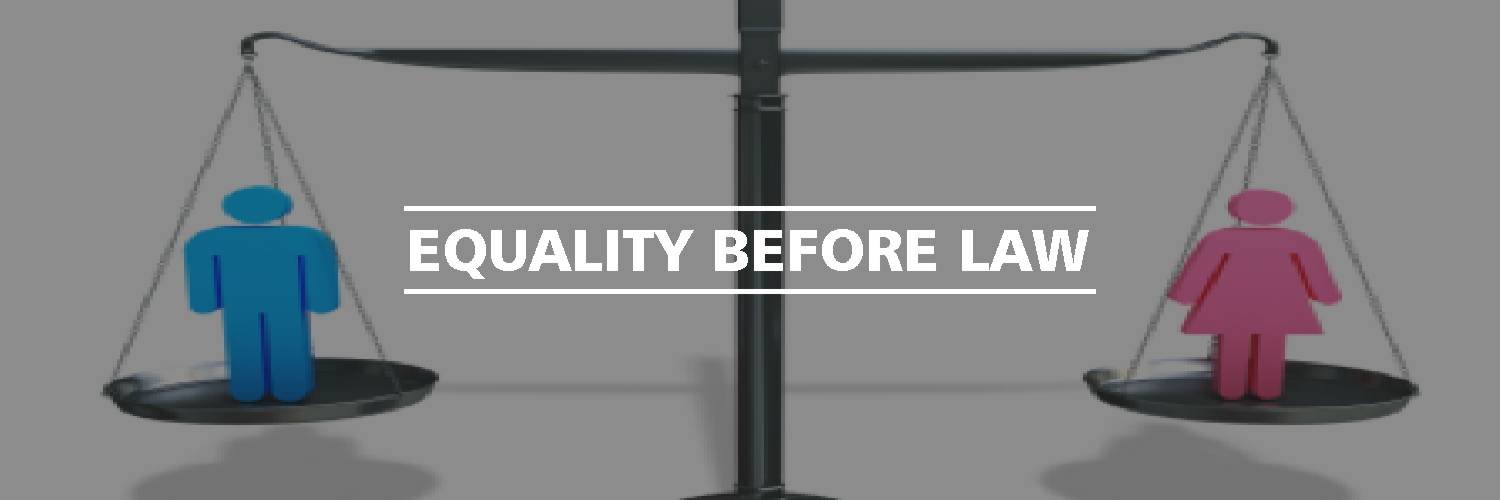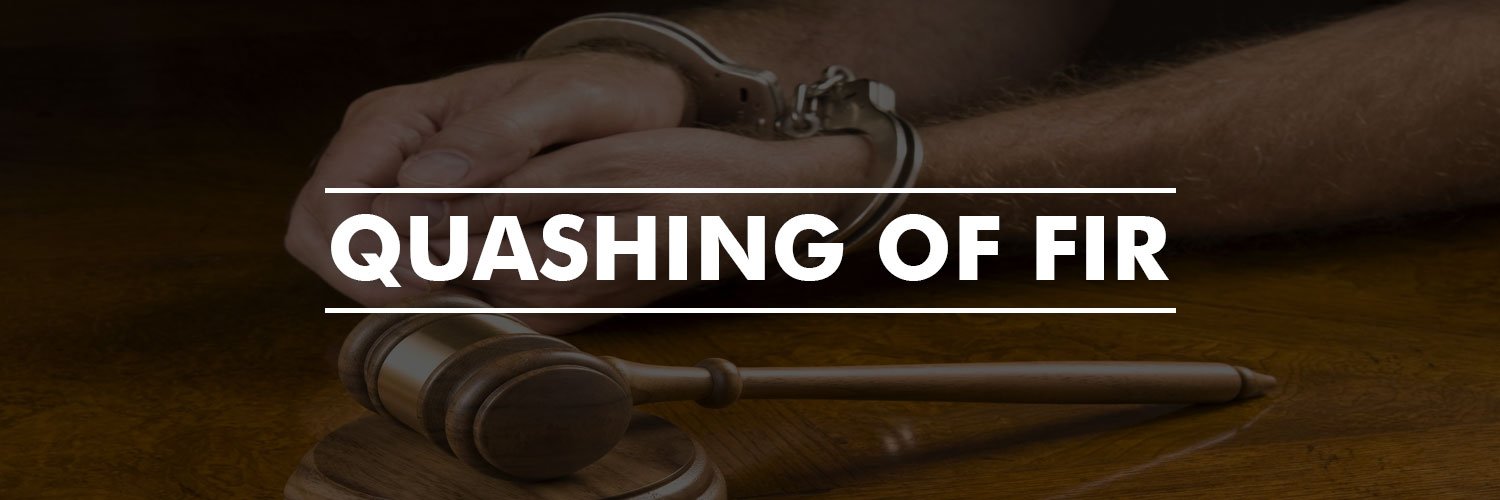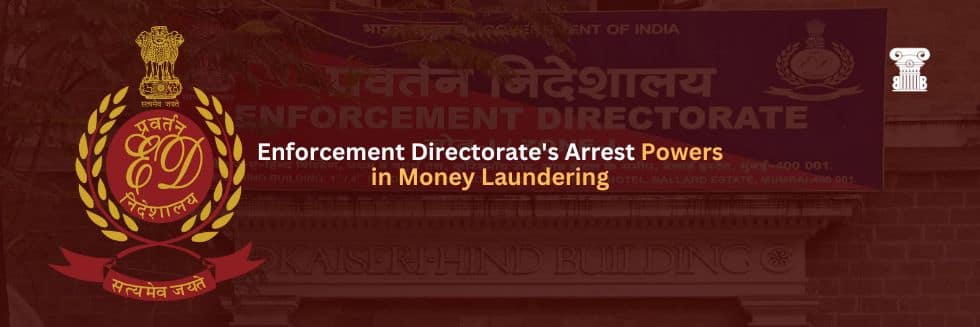On Monday, the Constitution Bench of the Supreme Court pronounced its verdict in connection to the ambit of Section 319 of Code of Criminal Procedure which entitles the trial court with the power to summon additional accused.
The bench comprising Justice S Abdul Nazeer, Justice BR Gavai, Justice AS Bopanna, Justice V Ramasubramanian and Justice BV Nagarathna addressed several issues related to the Section and has issued guidelines that the competent court needs to follow while exercising the power of Section 319 of CrPC.
SC Guidelines That Trial Court Need To Follow To Exercise Power Under CrPC Section 319
(i) If the competent court finds evidence or if application under Section 319 of CrPC is filed regarding involvement of any other person in committing the offence based on evidence recorded at any stage in the trial before passing of the order on acquittal or sentence, it shall pause the trial at that stage.
(ii) The Court shall thereupon first decide the need or otherwise to summon the additional accused and pass orders thereon.
(iii) If the decision of the court is to exercise the power under Section 319 of CrPC and summon the accused, such summoning order shall be passed before proceeding further with the trial in the main case.
(iv) If the summoning order of additional accused is passed, depending on the stage at which it is passed, the Court shall also apply its mind to the fact as to whether such summoned accused is to be tried along with the other accused or separately.
(v) If the decision is for joint trial, the fresh trial shall be commenced only after securing the presence of the summoned accused.
(vi) If the decision is that the summoned accused can be tried separately, on such order being made, there will be no impediment for the Court to continue and conclude the trial against the accused who were being proceeded with.
(vii) If the proceeding paused as in (i) above is in a case where the accused who were tried are to be acquitted and the decision is that the summoned accused can be tried afresh separately, there will be no impediment to pass the judgment of acquittal in the main case.
(viii) If the power is not invoked or exercised in the main trial till its conclusion and if there is a split-up (bifurcated) case, the power under Section 319 of CrPC can be invoked or exercised only if there is evidence to that effect, pointing to the involvement of the additional accused to be summoned in the split up (bifurcated) trial.
(ix) If, after arguments are heard and the case is reserved for judgment the occasion arises for the Court to invoke and exercise the power under Section 319 of CrPC, the appropriate course for the court is to set it down for re-hearing.
(x) On setting it down for re-hearing, the above laid down procedure to decide about summoning; holding of joint trial or otherwise shall be decided and proceeded with accordingly.
(xi) Even in such a case, at that stage, if the decision is to summon additional accused and hold a joint trial the trial shall be conducted afresh and de novo proceedings be held.
(xii) If, in that circumstance, the decision is to hold a separate trial in case of the summoned accused as indicated earlier; (a) The main case may be decided by pronouncing the conviction and sentence and then proceed afresh against summoned accused. (b) In the case of acquittal the order shall be passed to that effect in the main case and then proceed afresh against summoned accused.
Issues Related CrPC Section 319 For Consideration Before Constitution Bench
Whether the trial court has the power under Section 319 of CrPC for summoning additional accused when the trial with respect to other co-accused has ended and the judgment of conviction is rendered on the same date before pronouncing the summoning order?
Constitution Bench: The power under Section 319 of CrPC is to be invoked and exercised before the pronouncement of the order of sentence where there is a judgment of conviction of the accused. In the case of acquittal, the power should be exercised before the order of acquittal is pronounced. Hence, the summoning order has to precede the conclusion of trial by imposition of sentence in the case of conviction. If the order is passed on the same day, it will have to be examined on the facts and circumstances of each case and if such summoning order is passed either after the order of acquittal or imposing sentence in the case of conviction, the same will not be sustainable.
Whether the trial court has the power under Section 319 of the CrPC for summoning additional accused when the trial in respect of certain other absconding accused (whose presence is subsequently secured) is ongoing/pending, having been bifurcated from the main trial?
Constitution Bench: The trial court has the power to summon additional accused when the trial is proceeded in respect of the absconding accused after securing his presence, subject to the evidence recorded in the split up (bifurcated) trial pointing to the involvement of the accused sought to be summoned. But the evidence recorded in the main concluded trial cannot be the basis of the summoning order if such power has not been exercised in the main trial till its conclusion.
Power Under CrPC Section 319 Has To Be Exercised Before Pronouncement Of Sentence: SC
Supreme Court held that power under Section 319 of the Code of Criminal Procedure has to be exercised before the conclusion of a case or pronouncement of a sentence in case of conviction. The trial comes to end when the judgment is pronounced.
“When such power is to summon the additional accused and try such a person with the already charged accused against whom the trial is proceeding, it will have to be exercised before the conclusion of trial. The connotation ‘conclusion of trial’ in the present case cannot be reckoned as the stage till the evidence is recorded, but, is to be understood as the stage before pronouncement of the judgment,” the bench stated.
In the case of acquittals, the trials will come to an end after the acquittal order is pronounced. However, in cases related to convictions, the trial will be complete after the pronouncement of the sentence.
“It cannot be said that the trial is complete on the pronouncement of the judgment of conviction alone, though it may be so in the case of acquittal as contemplated under Section 232 of CrPC, since in that case there is nothing further to be done by the learned Judge except to record an order of acquittal which results in conclusion of trial,” reads the order.
What Does Section 319 Of CrPC Say?
Section 319 of Code of Criminal Procedure: Power To Proceed Against Other Persons Appearing To Be Guilty Of Offence
(1) Where, in the course of any inquiry into, or trial of, an offence, it appears from the evidence that any person not being the accused has committed any offence for which such person could be tried together with the accused, the Court may proceed against such person for the offence which he appears to have committed.
(2) Where such person is not attending the Court, he may be arrested or summoned, as the circumstances of the case may require, for the purpose aforesaid.
(3) Any person attending the Court, although not under arrest or upon a summons, may be detained by such Court for the purpose of the inquiry into, or trial of, the offence which he appears to have committed.
(4) Where the Court proceeds against any person under sub- section (1), then-
(a) the proceedings in respect of such person shall be commenced a fresh, and the witnesses re- heard;
(b) subject to the provisions of clause (a), the case may proceed as if such person had been an accused person when the Court took cognizance of the offence upon which the inquiry or trial was commenced.
This article is written by Varsha. You can reach out to the author via email at bnbvarsha@gmail.com.
